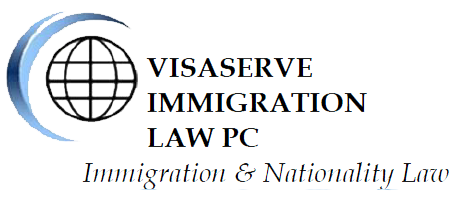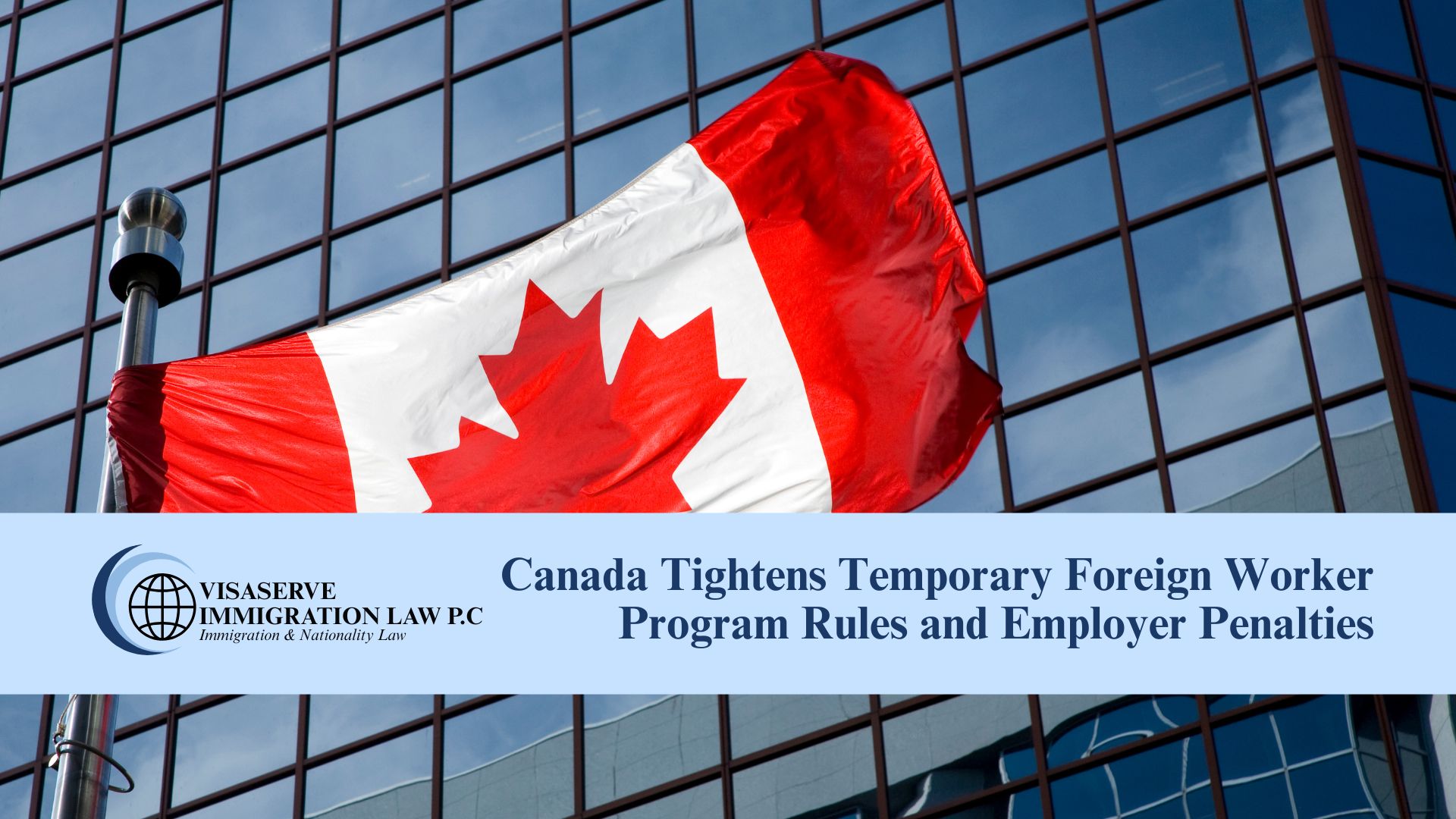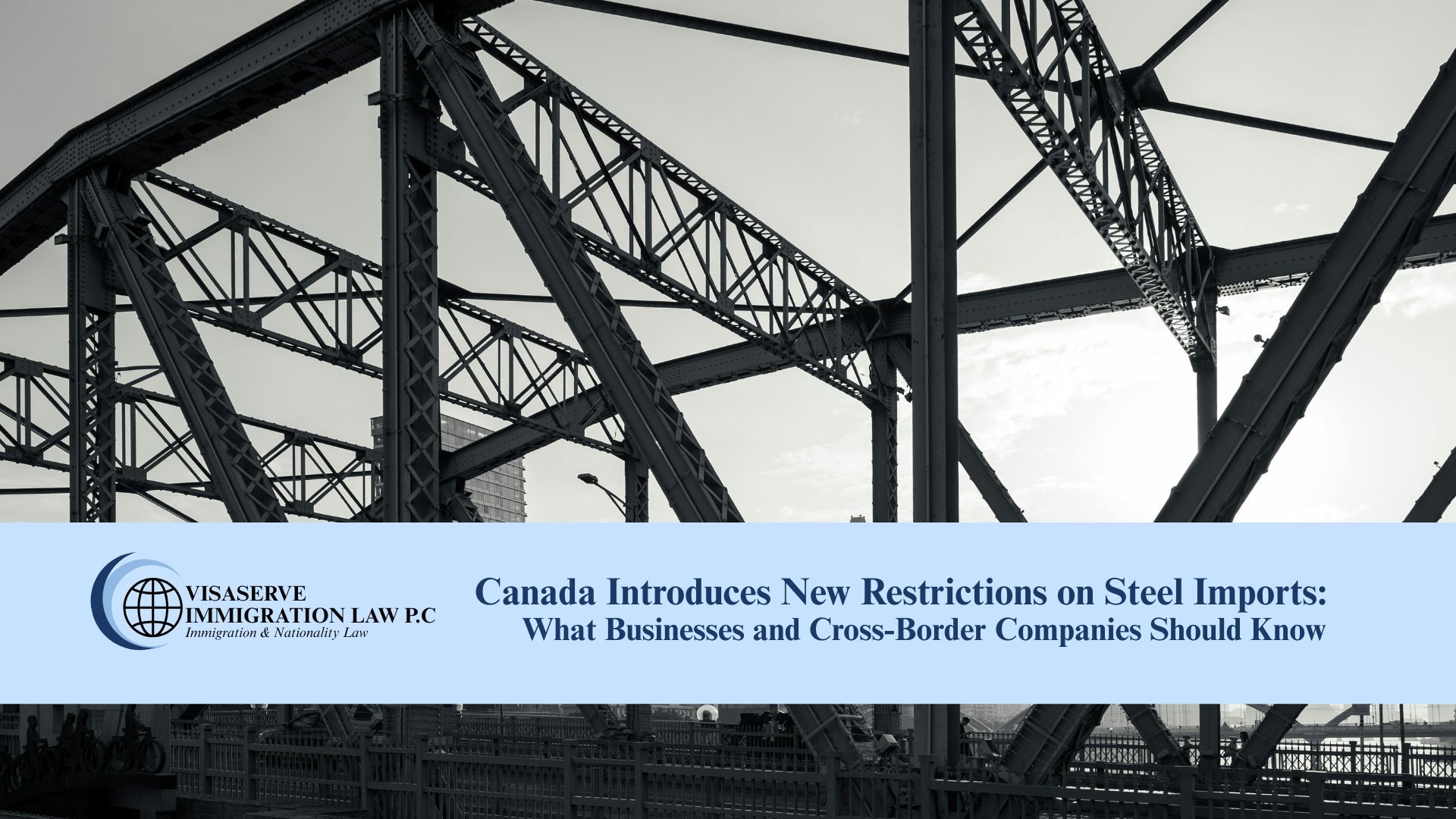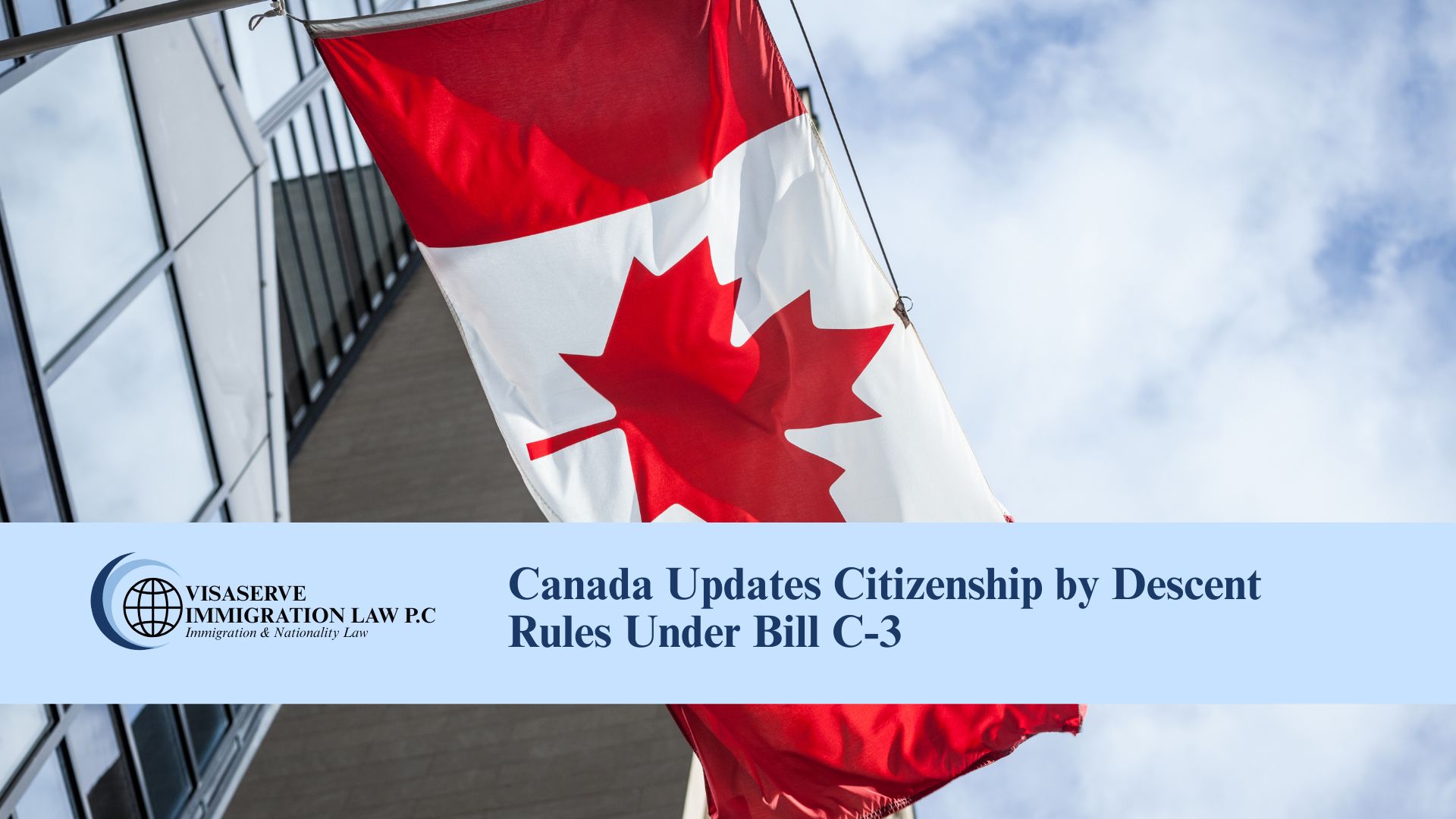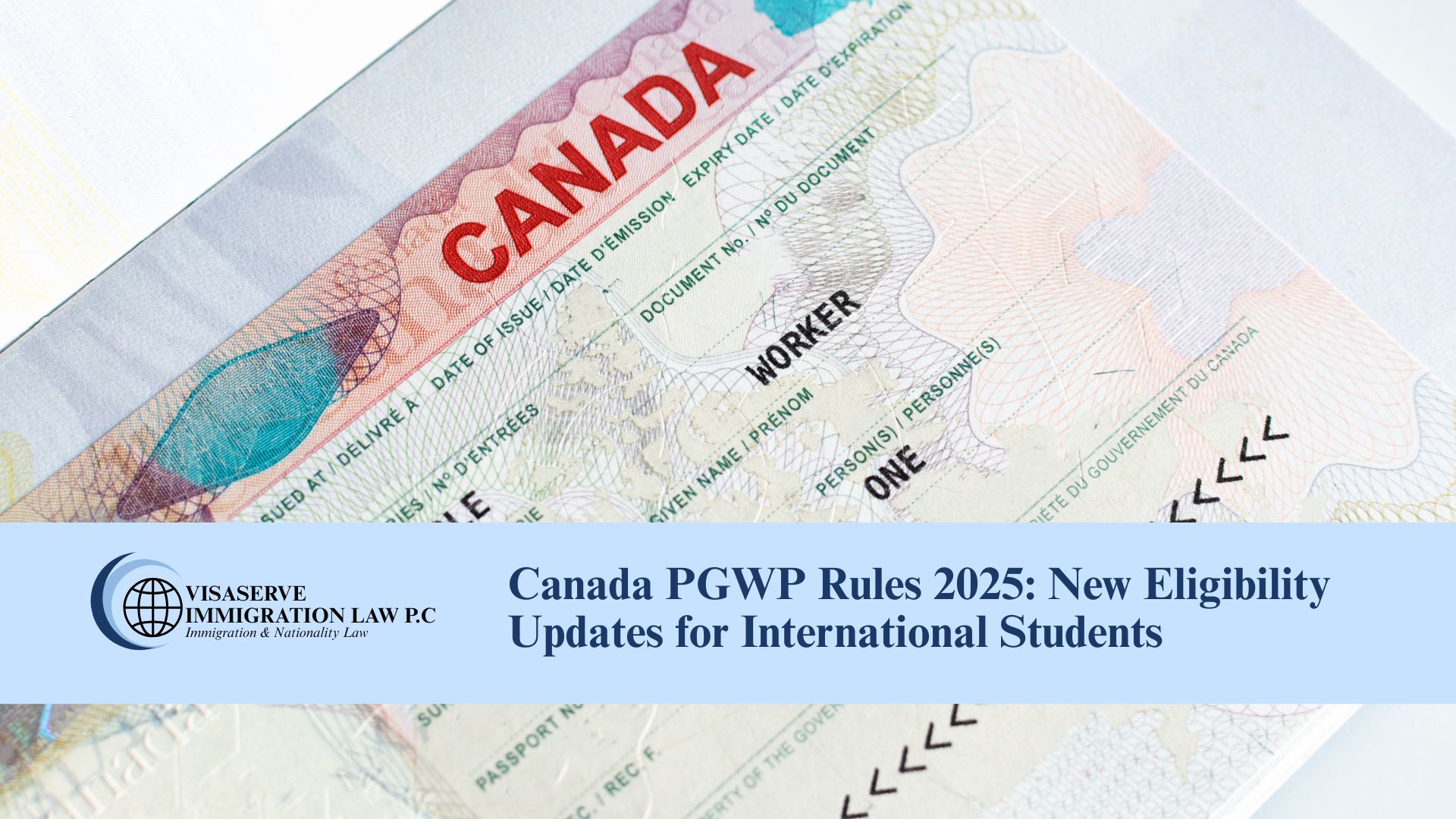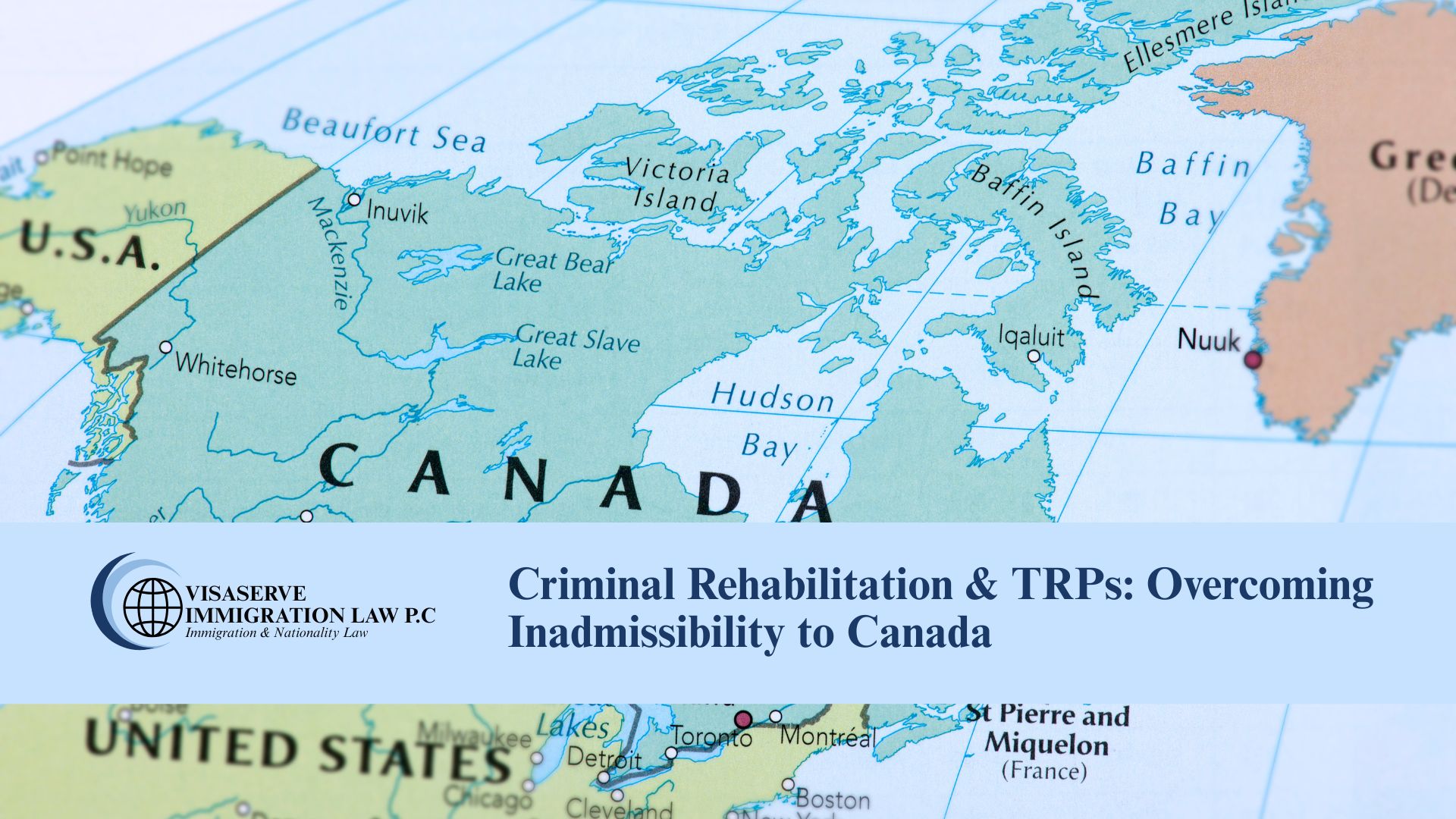The Government of Canada is reinforcing the integrity of the Temporary Foreign Worker (TFW) Program, emphasizing that it must remain a last resort option for employers unable to find qualified Canadian citizens or permanent residents. As outlined by Employment and Social Development Canada (ESDC), new measures have reduced program dependency while increasing oversight and penalties for non-compliance.
A Program of Last Resort
The TFW Program allows Canadian employers to hire foreign nationals temporarily to fill labor shortages when no qualified Canadians are available. However, as ESDC reaffirmed in its October 6, 2025 statement, “Canadians are always first in line.” Employers must prove they have made genuine efforts to recruit locally and must continue doing so even while their Labour Market Impact Assessment (LMIA) applications are being processed.
Temporary foreign workers currently represent only about 1% of Canada’s workforce, primarily concentrated in essential industries such as agriculture, food processing, construction, and health care.
Reduced Reliance on the TFW Program
Following a series of policy changes introduced in September 2024, the government reports a 50% overall reduction in applications to the TFW Program, including a 70% decline in the low-wage stream. These reforms reflect a broader strategy to promote sustainable employment solutions and reduce dependency on temporary labor.
The goal is clear: prioritize the Canadian labor market while maintaining protections for foreign workers already in the country.
Strengthened Employer Compliance Regime
Employers hiring temporary foreign workers are required to provide safe, fair, and dignified working conditions. ESDC has expanded its compliance inspection system, which ensures employers adhere to federal and provincial labor standards.
In the 2024–2025 fiscal year, the government conducted 1,435 employer inspections, finding that 10% were non-compliant. Penalties for violations more than doubled from $2 million to $4.8 million, and 36 employers were banned from the program — a threefold increase from the previous year.
Examples of Violations and Penalties
-
Agriculture sector: One employer was fined $212,000 and banned for two years for failing to provide proper working conditions.
-
Residential construction: A company was fined $161,000 and banned for five years for wage violations and non-compliance with labor laws.
-
Long-haul trucking: An employer was fined $150,000 for operating a fraudulent business and failing to cooperate with inspectors.
-
Fish and seafood processing: In a landmark case, a company received a $1 million fine and 10-year ban — the highest ever imposed — for multiple breaches, including unsafe and abusive working conditions.
Employers found non-compliant are publicly listed on the IRCC Employer Non-Compliance Website to ensure transparency and accountability.
Worker Protection and Reporting
To protect vulnerable workers, the federal government operates a confidential tip line available 24/7, with live agents speaking over 200 languages. Temporary workers can report unsafe working conditions or suspected abuse anonymously. Reports can be filed online or by calling 1-866-602-9448.
The ESDC also collaborates closely with Immigration, Refugees and Citizenship Canada (IRCC), the Canada Border Services Agency (CBSA), and the Royal Canadian Mounted Police (RCMP) to detect and act upon fraudulent activity, particularly during LMIA assessments and post-approval inspections.
Building Integrity and Trust
According to Patty Hajdu, Minister of Jobs and Families, “The TFW Program is a last resort measure for businesses – it is no substitute for Canadian talent, and its misuse will never be permitted.” Strengthening inspections and penalties reflects the government’s commitment to protecting both Canadian and foreign workers and building a fair, transparent labor system.
Key Takeaways for Employers
-
The TFW Program remains a last-resort hiring option.
-
Employers must prioritize recruiting Canadians and permanent residents.
-
Non-compliance can result in fines up to $1 million and permanent bans.
-
Transparency and worker protection are central to the government’s strategy.
For employers and workers navigating Canada’s immigration and labor compliance systems, legal guidance is crucial.
At Visaserve Immigration Law P.C., our team helps employers meet LMIA and compliance obligations while protecting workers’ rights under Canadian law.
Book a consultation today to ensure your recruitment practices and TFW applications remain compliant with current regulations.
